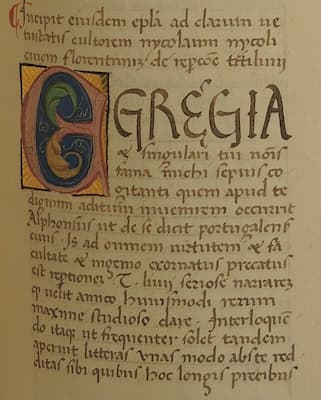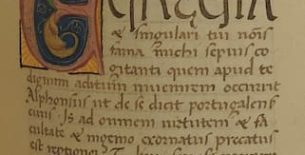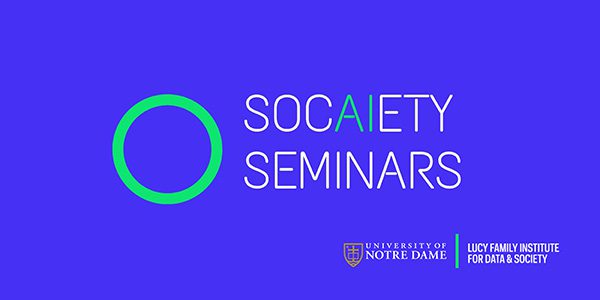The Literary Canon of Early Venetian Humanism (1374-1446) between the Classics and the Moderns

In the first half of the fourteenth century, the Veneto region played a pivotal role in the early developments of Italian Humanism. In this same period, cities such as Padova and Verona were experiencing a central and vital political moment. In the second half of the century, Petrarch chose to spend his last years in Padua. The city was ruled by the signori da Carrara, with whom Petrarch had a close relationship, thus confirming the important relationship between political power and humanist intellectuals in this environment. However, the fifteenth century flourishing of Humanism was mostly a Florentine and Tuscan matter, while in the Veneto the indipendent cities progressively lost both their political and cultural authority in favor of Venice, which progressively conquered them.
By analyzing the Latin literary production of two Paduan Humanists of the early fifteenth-century, Sicco Polenton and Antonio Baratella, the paper will explore the ways in which Padua, a marginalized cultural center, was nevertheless able to make its voice heard in the main literary debates of the time, offering a peculiar perspective and a relevant contribution to crucial issues to the community of Humanists, such as the recovery of an extensive knowledge of Ancient literature, culture, and institutions, or the importance of the role of Petrarch and Dante in the new humanistic era. This event was recorded on Thursday, January 26, 2023.
Speakers:
Rino Modonutti (Padova)
For more information visit the event website.

January 26, 2023


